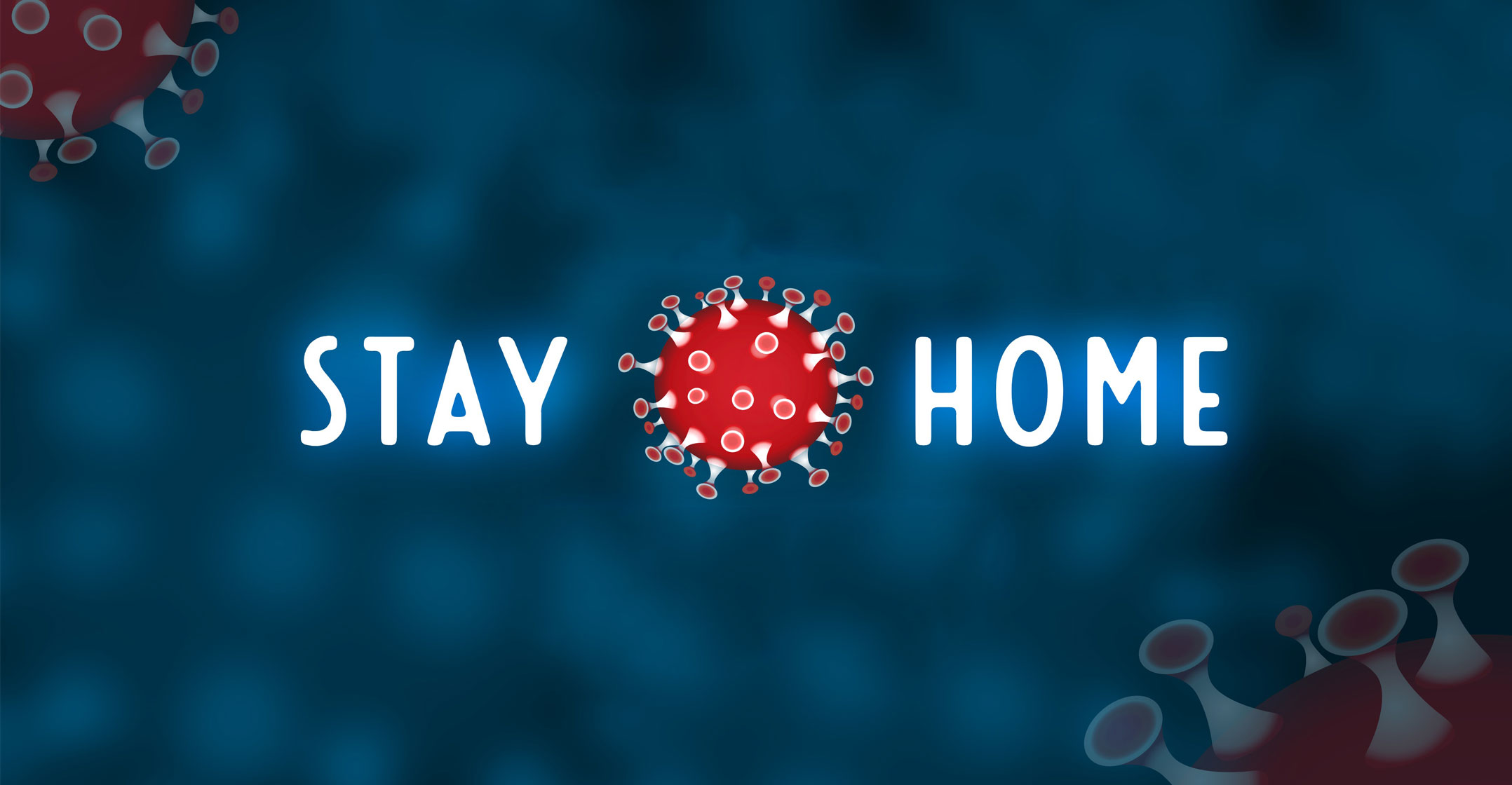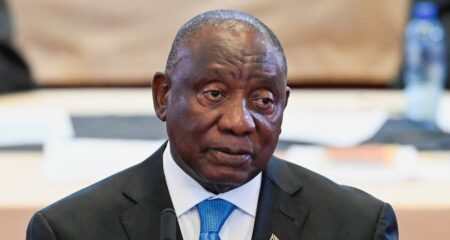 South African businesses prepared to shut down operations and supermarkets were inundated by shoppers as the country braced for a three-week lockdown aimed at curbing the spread of the coronavirus.
South African businesses prepared to shut down operations and supermarkets were inundated by shoppers as the country braced for a three-week lockdown aimed at curbing the spread of the coronavirus.
The number of confirmed infections rose by 153 to 554 overnight, with 302 of the cases in Gauteng, the economic hub, Health Minister Zweli Mkhize told reporters in Pretoria on Tuesday.
“How long will the outbreak last? I don’t think anybody can ever tell us that,” Mkhize said. “It is not possible to give any predictions. For the next week or two we still expect the numbers to be going up. We don’t want anybody turning around and saying you have got a lockdown, why are the numbers going up?”
The lockdown, announced by President Cyril Ramaphosa on Monday night, comes into effect at midnight on the morning of 27 March. Citizens will only be allowed to leave their homes to buy food and medicine, seek medical care and collect welfare grants.
Grocers, banks, filling stations and the JSE can continue operating, but most mines and furnaces will have to shut. The development of power projects and telecommunications infrastructure will be allowed to proceed.
Panic buying is unnecessary because food production will continue and the country has sufficient supplies, agriculture minister Thoko Didiza said.
Economy smacked
The curbs instituted to tackle the virus are likely to cause the economy to contract 5% this year, according to Shireen Darmalingam, an economist at Standard Bank.
“The economy has been in a downward phase now for quite a long time and real GDP growth has been slowing further even before the virus outbreak,” said Iaan Venter, the head of the central bank’s business-cycle analysis division. “In the short run, the impact of Covid-19 and of the lockdown will extend, and deepen, the downward phase as economic activity is expected to decline quite sharply.” — Reported by Mike Cohen and Prinesha Naidoo, with assistance from Loni Prinsloo, (c) 2020 Bloomberg LP




